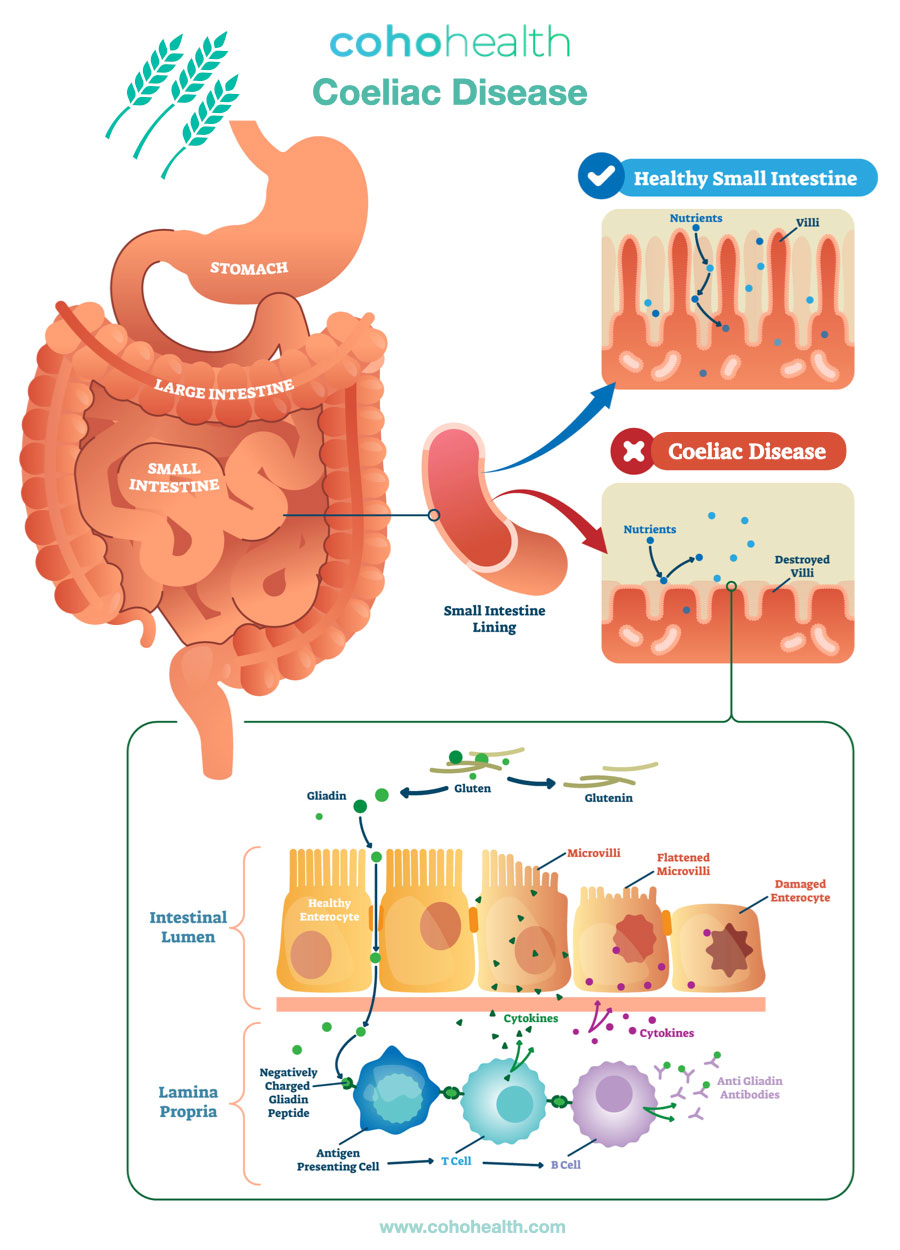Alternative Small Cell Lung Cancer Treatment
Small cell lung cancer is an aggressive form of lung cancer that affects approximately 20% of all lung cancer cases worldwide. Traditional treatments, such as chemotherapy and radiation therapy, can be effective but also come with significant side effects and a high risk of recurrence. As a result, patients and their families are increasingly seeking alternative small cell lung cancer treatment options to improve their quality of life and survival rates.
Complementary Therapies for Small Cell Lung Cancer
Incorporating complementary therapies into traditional treatment plans can help alleviate symptoms, enhance well-being, and potentially reduce the risk of recurrence. Some examples of alternative small cell lung cancer treatment options include:
Nutrition Therapy
A nutrient-dense diet rich in fruits, vegetables, whole grains, and lean proteins can help support overall health and immune function during treatment. Certain foods, such as turmeric and ginger, have anti-inflammatory properties that may also benefit patients with small cell lung cancer.
Integrative Medicine Approaches
Integrative medicine combines conventional Western practices with evidence-based alternative therapies to promote comprehensive care. Some integrative approaches for small cell lung cancer treatment include:
Cognitive Behavioral Therapy (CBT)
CBT is a form of psychotherapy that helps patients cope with stress, anxiety, and depression associated with their diagnosis. By addressing emotional and psychological aspects of the disease, CBT can improve mental health outcomes and overall well-being.
Alternative Cancer Treatment Centers
Certain alternative cancer treatment centers specialize in providing holistic care for small cell lung cancer patients. These centers may offer a range of therapies, including:
Oxygen Therapy
Oxygen therapy involves the use of high concentrations of oxygen to help alleviate symptoms such as fatigue, shortness of breath, and low oxygen levels. This treatment can be particularly beneficial for patients with small cell lung cancer who experience hypoxia (low blood oxygen levels).
Emerging Alternative Treatment Options
New research and advancements in medical technology are continually expanding the range of alternative small cell lung cancer treatment options available. Some promising emerging approaches include:
Targeted Therapies
Targeted therapies focus on specific molecules or pathways involved in cancer growth and progression. These treatments can be highly effective for patients with advanced small cell lung cancer who have exhausted traditional treatment options.
Conclusion: Integrating Alternative Treatment Options into Your Care Plan
While alternative small cell lung cancer treatment options are not a replacement for conventional care, they can play a valuable role in improving patient outcomes and quality of life. By working with your healthcare provider to incorporate complementary therapies and integrative approaches into your treatment plan, you can take a proactive approach to managing your condition and enhancing overall well-being.
Remember to always consult with your healthcare provider before pursuing any alternative treatment options for small cell lung cancer. It is essential to ensure that any new therapies or supplements do not interact negatively with established treatments or worsen symptoms.
For more information on alternative small cell lung cancer treatment options, consider consulting with a qualified healthcare professional or seeking guidance from reputable organizations focused on lung cancer research and support.


